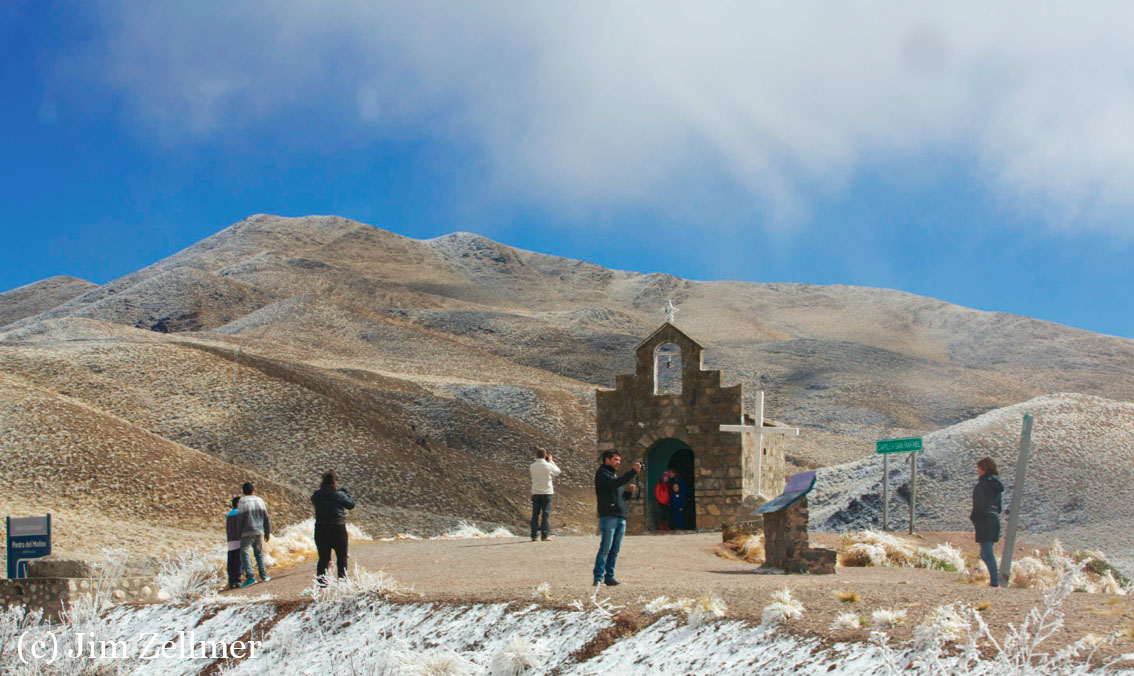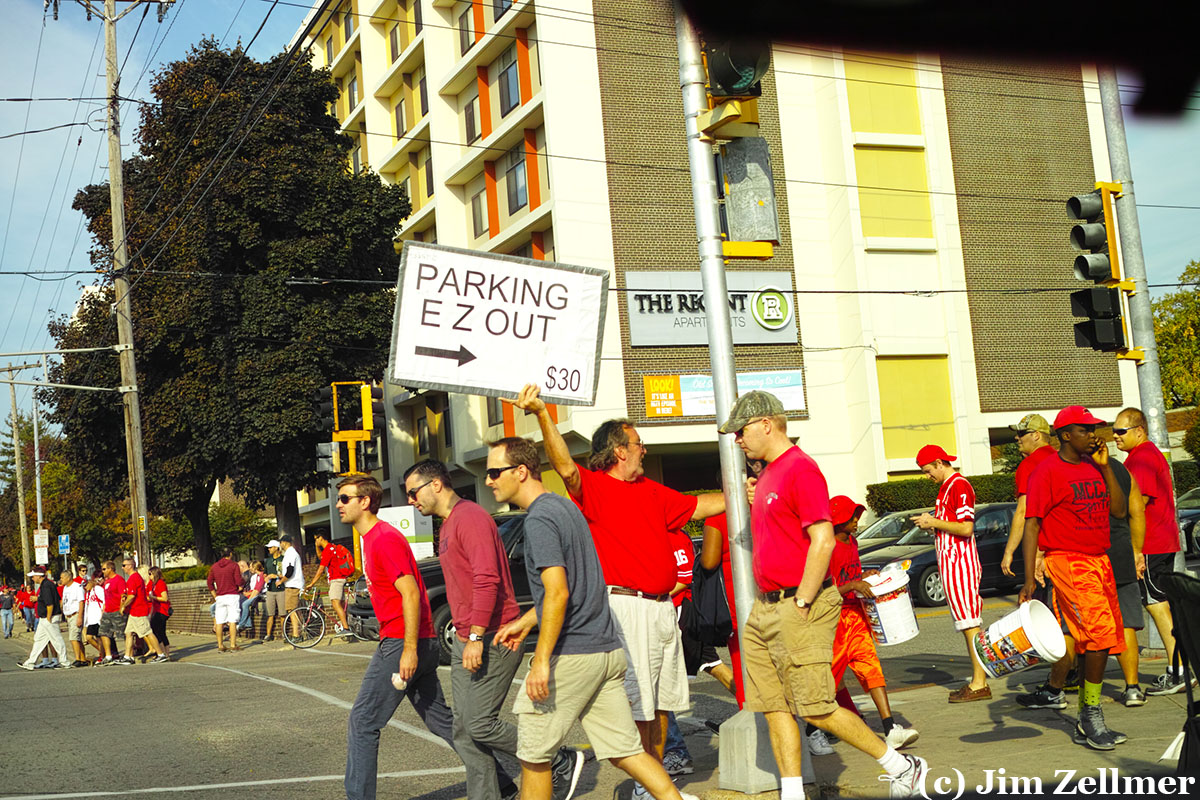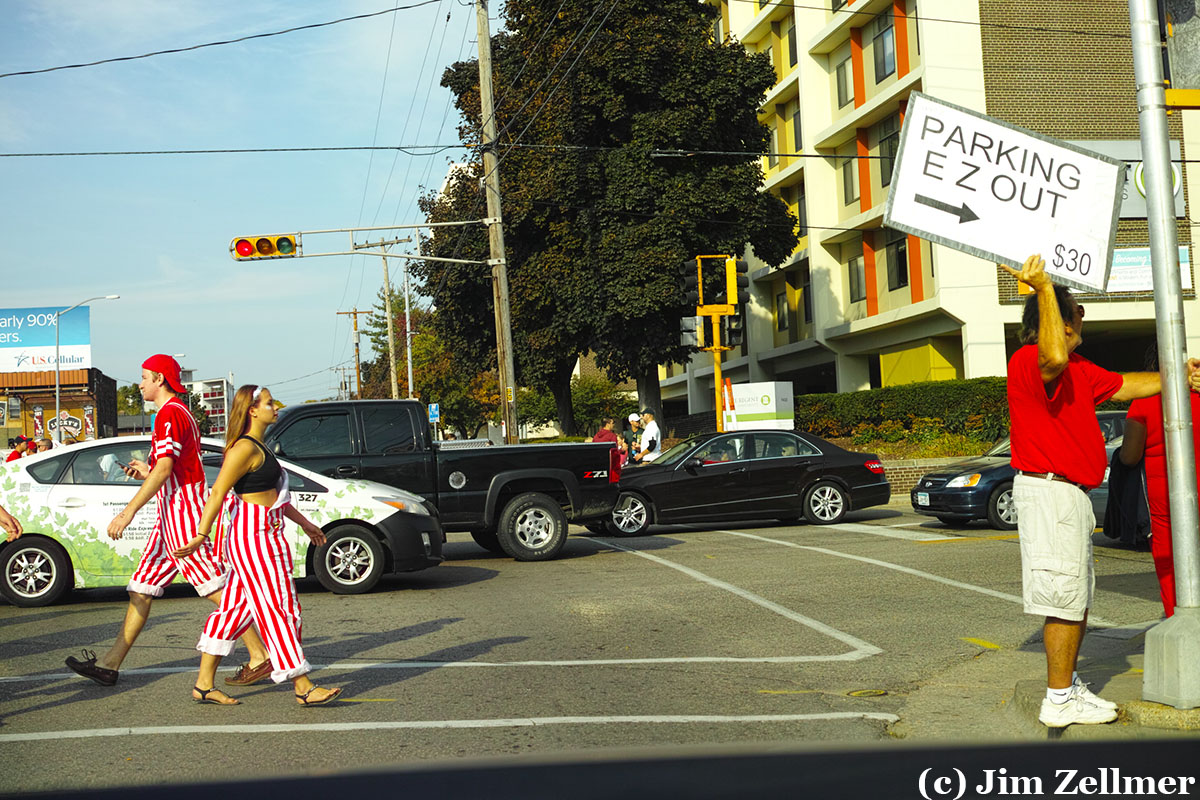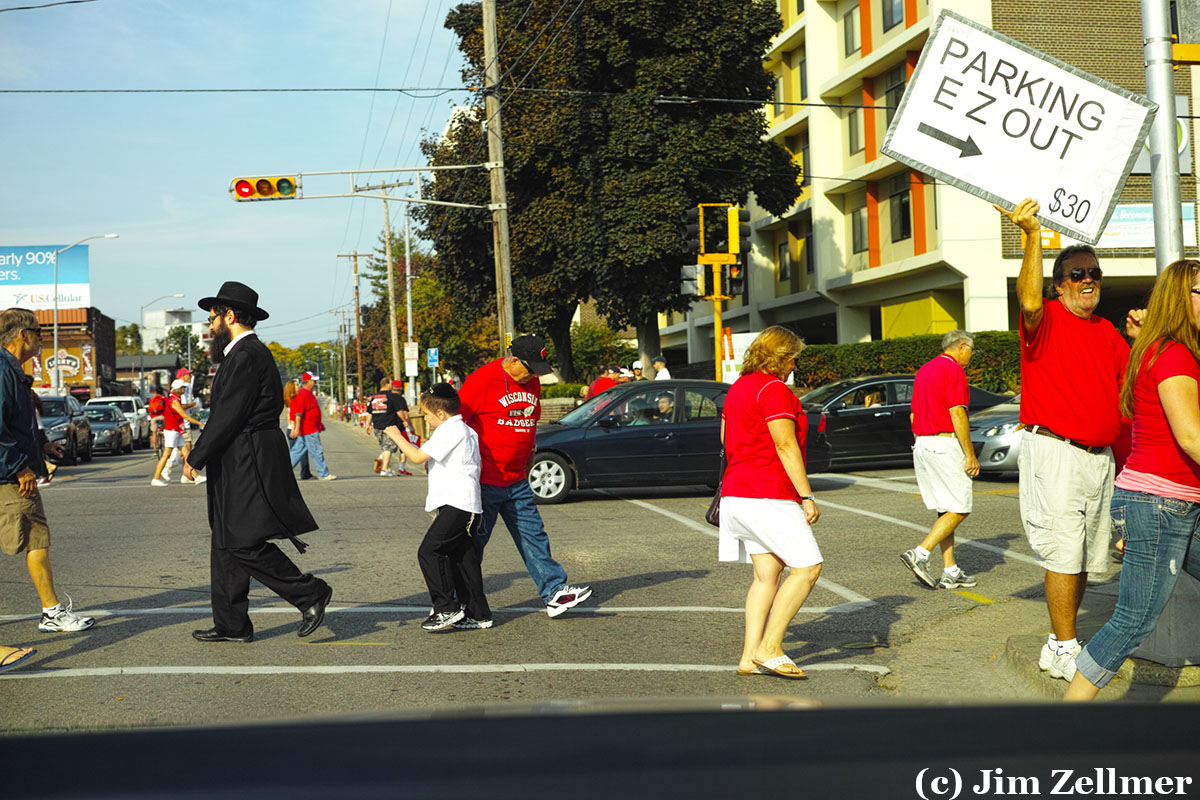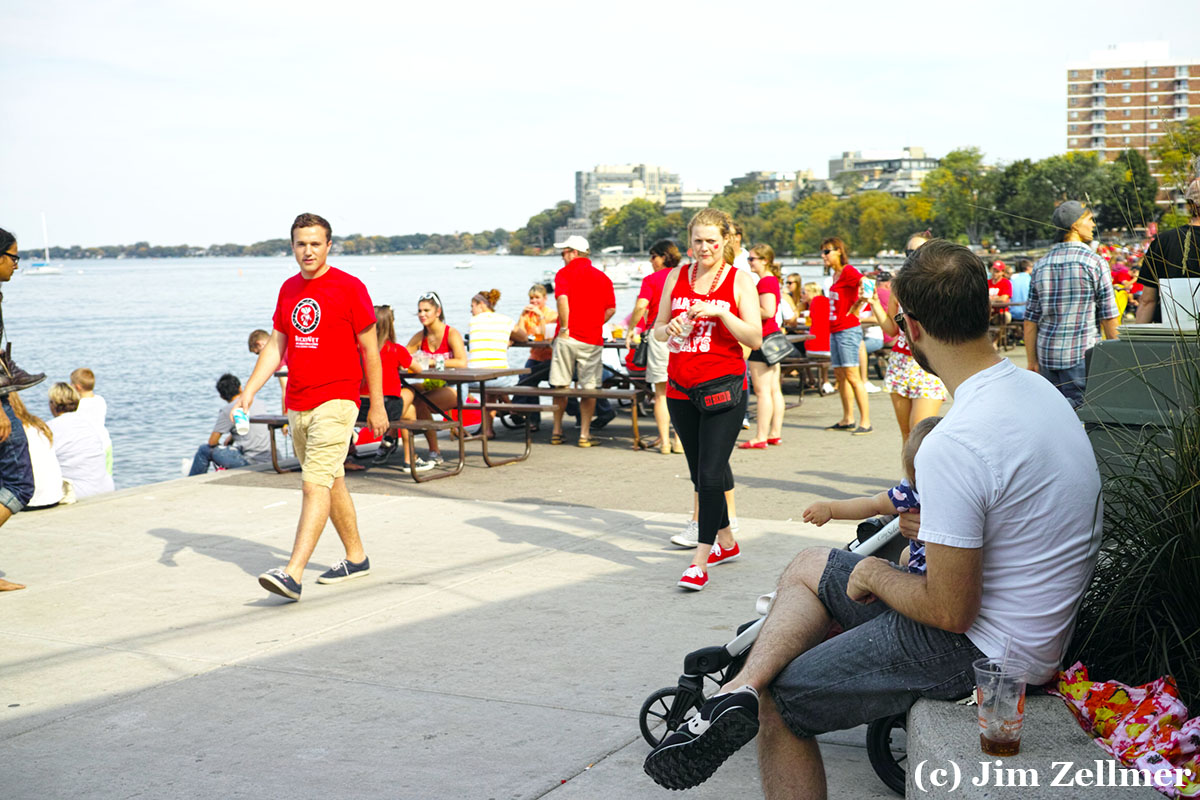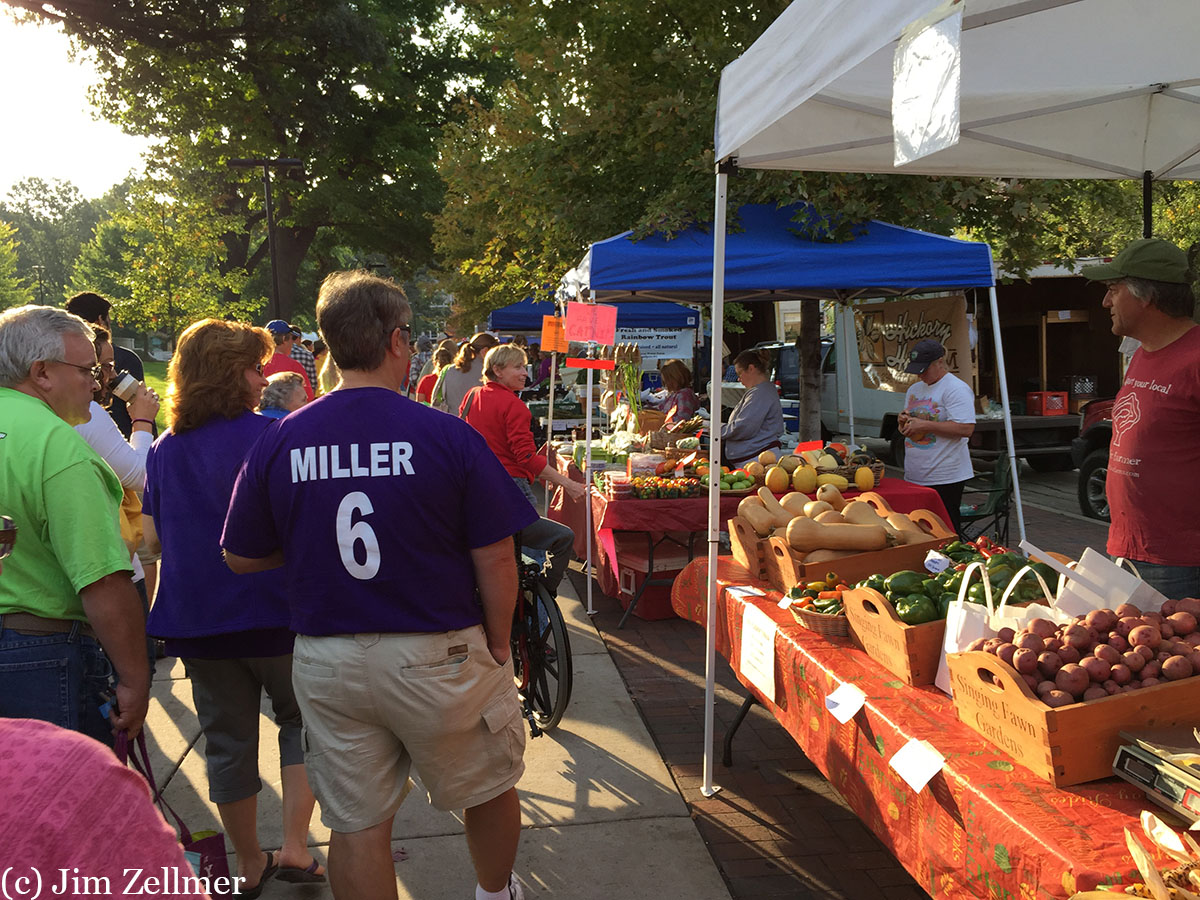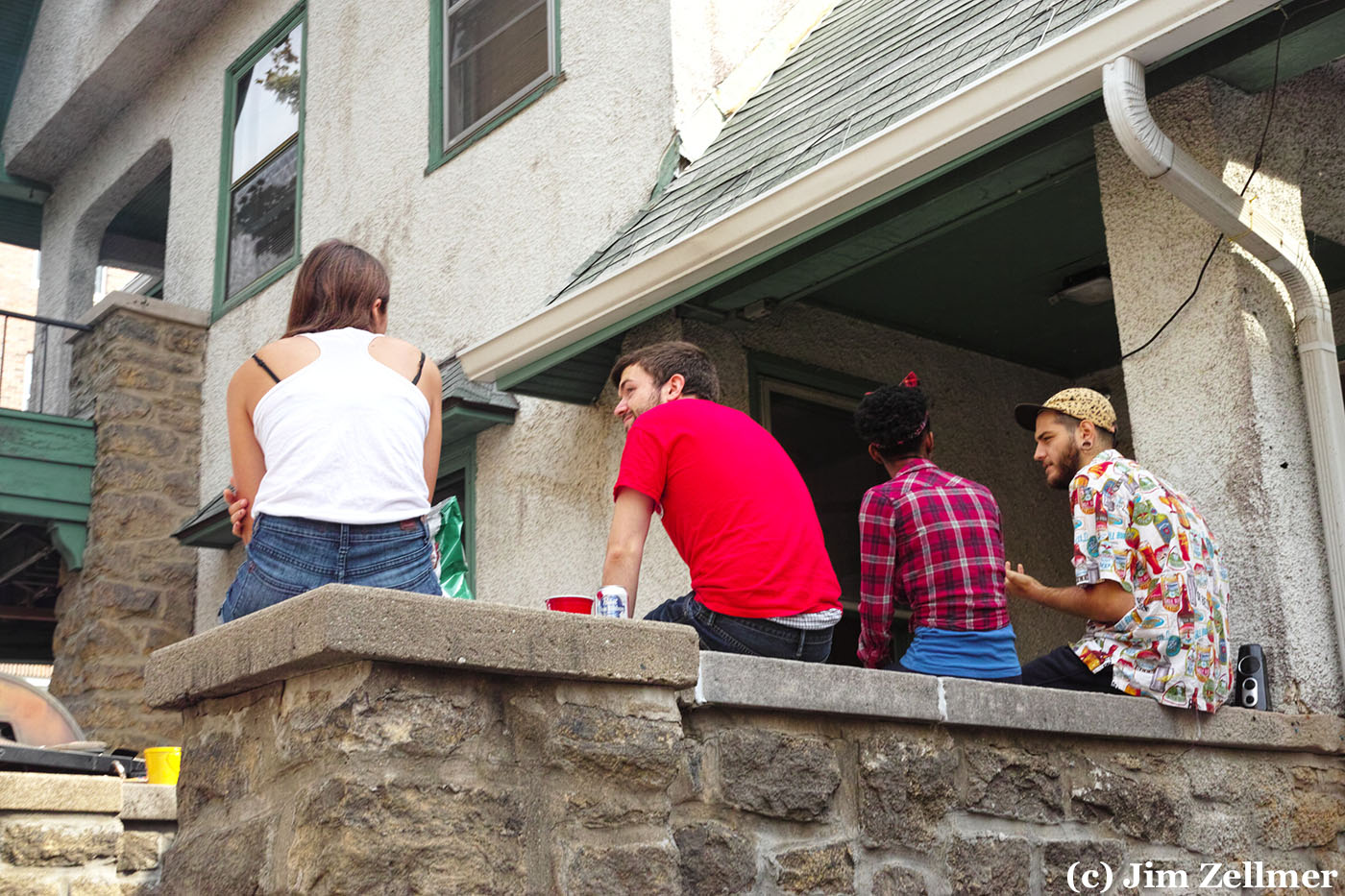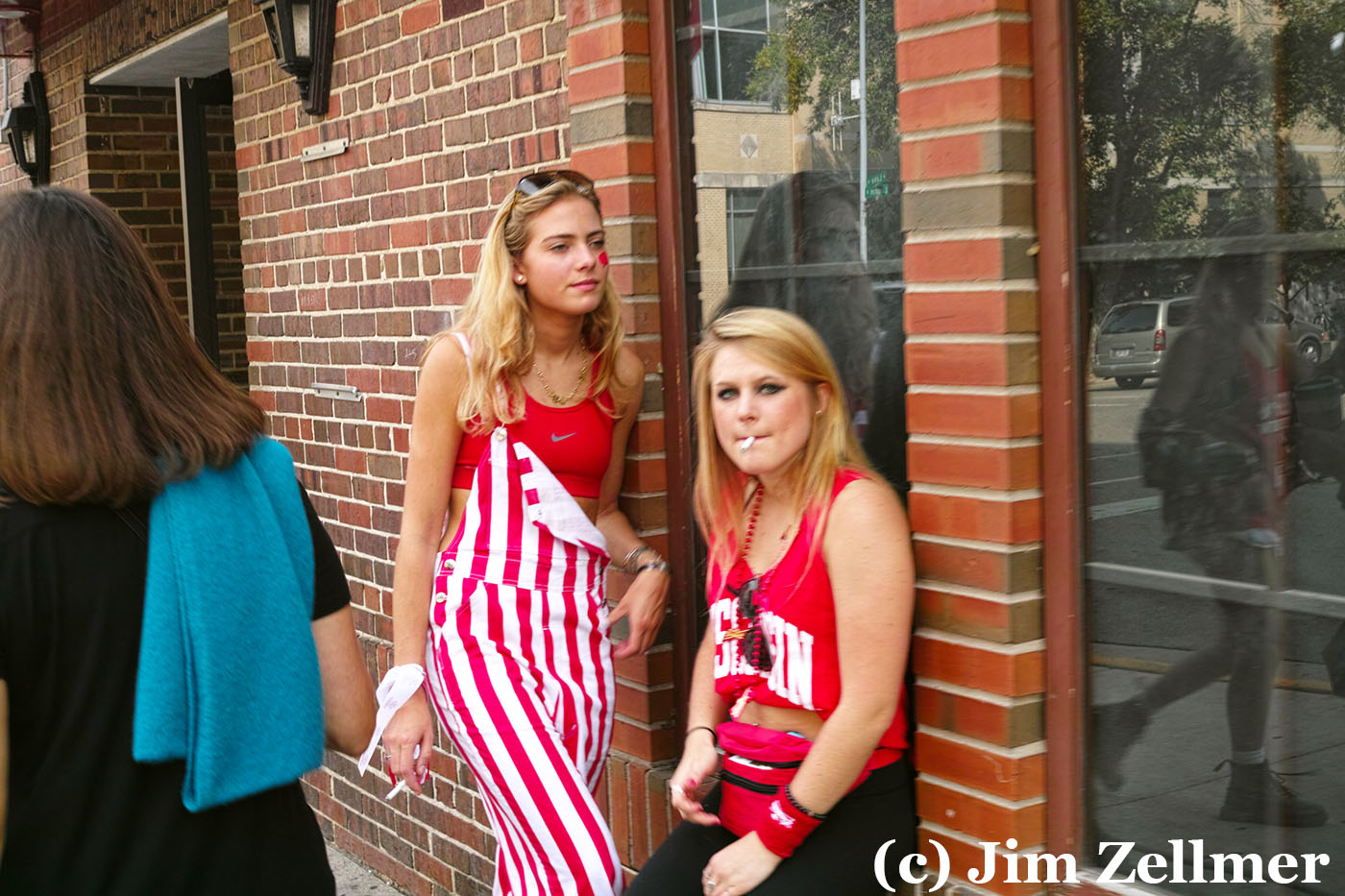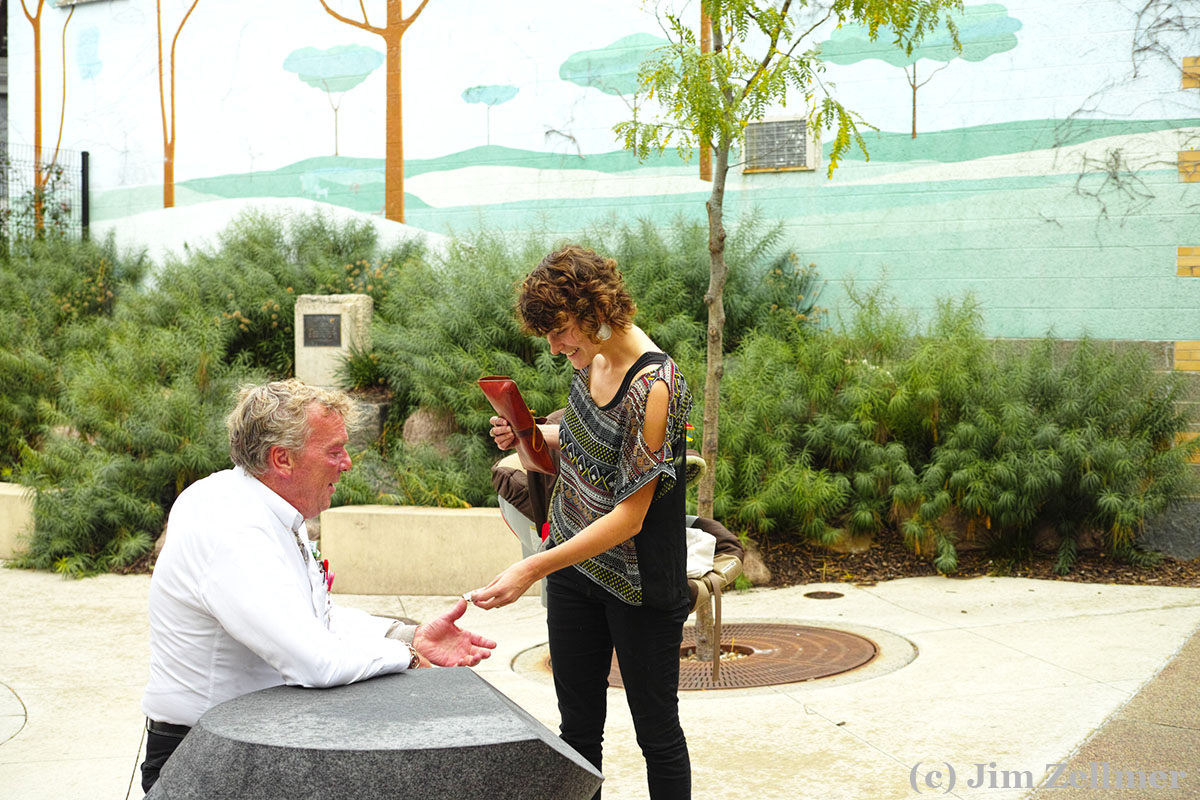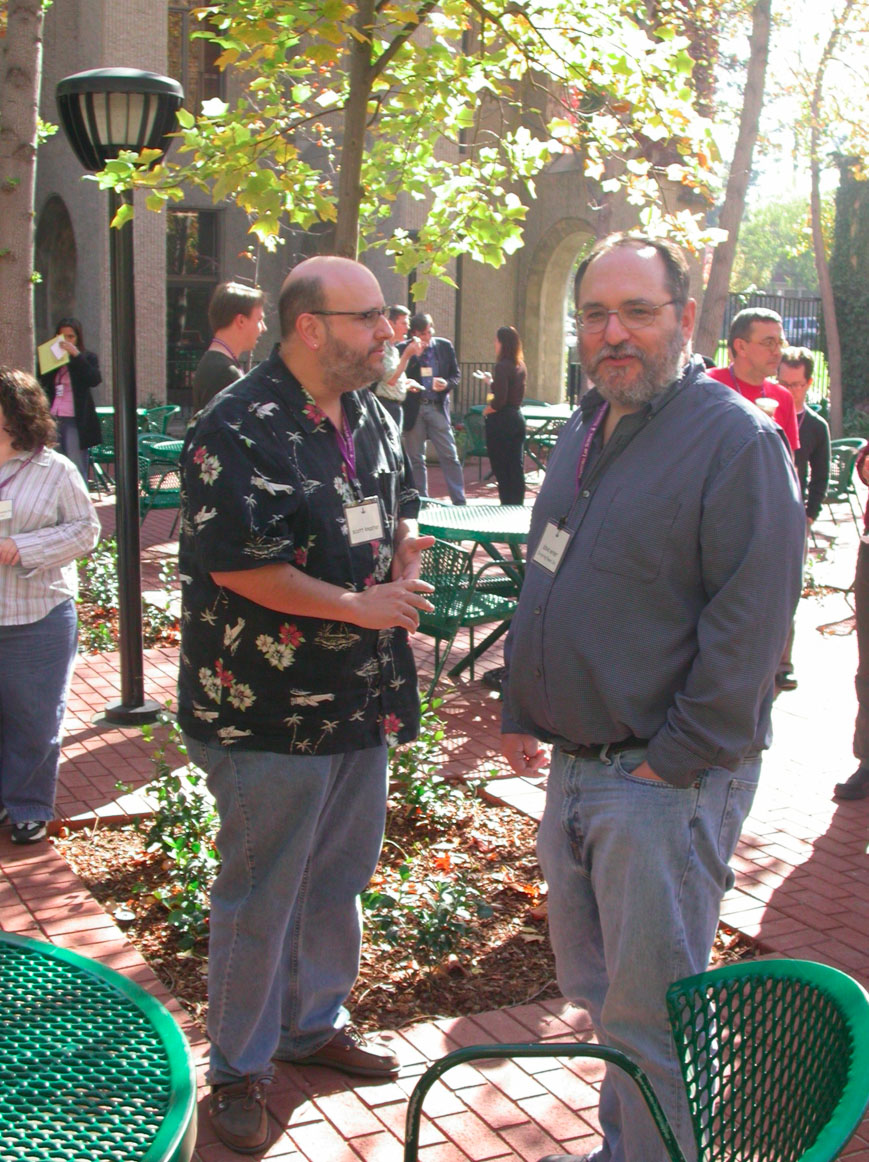
Fellow UW-Madison graduate Dave Winer mused on 20 years of blogging recently. The prototypical blogger, and perhaps the most human of all, Dave is always a pleasure to read. I would be remiss to mention that he throws a great party, beginning for me, with the early “bloggercon’s”. Dinner with Jay Rosen, a discussion of left vs right coast academic politics with Lessig and a shared cab ride with Adam Curry.
Hah.
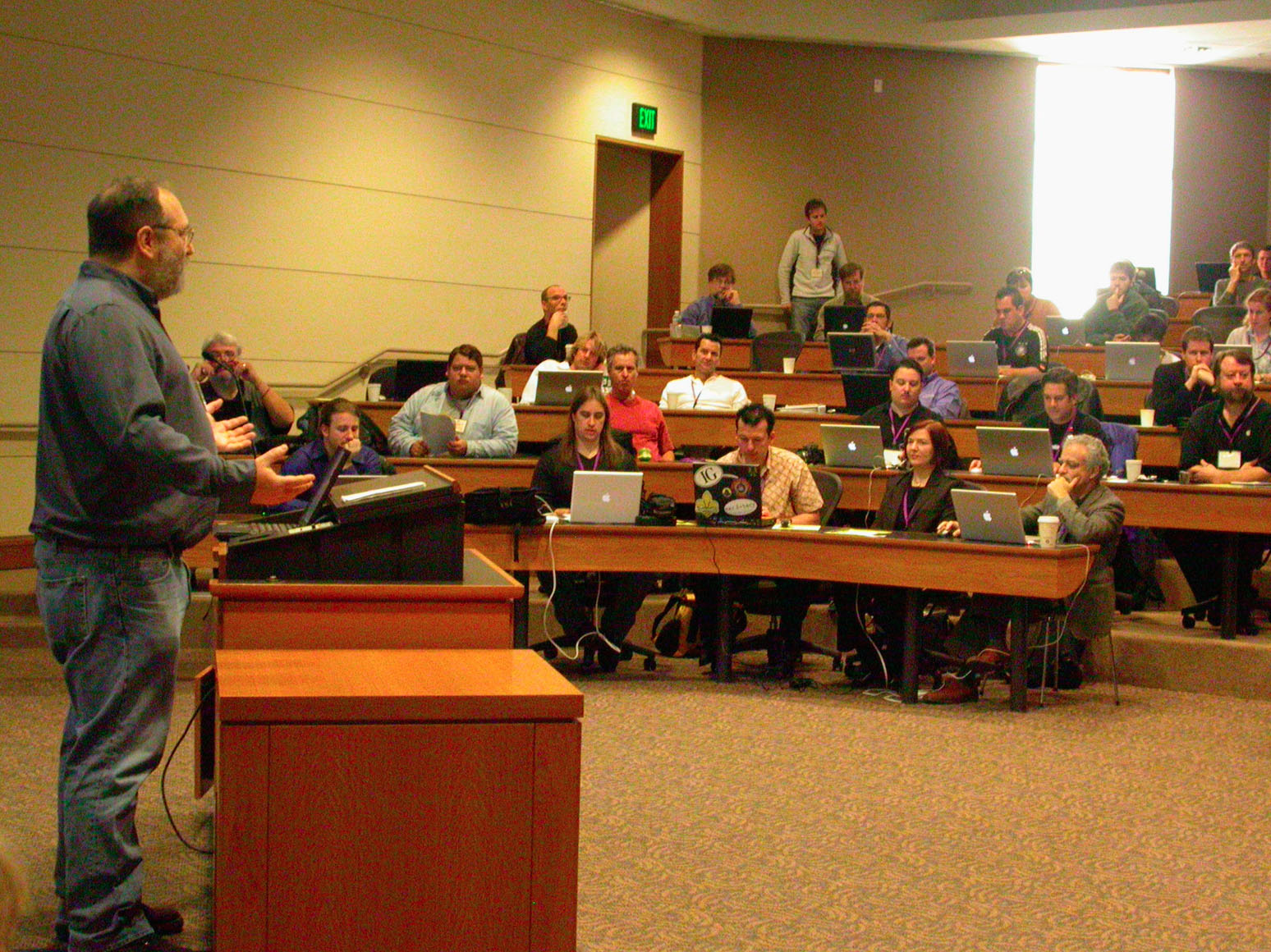
Dave’s “edit this page” concept has spawned so much content, from “big pub’s” such as recode and theverge to interesting niches including the strobist and John Robb.
Further, Dave’s launch of the blog has led many (Americans) to exercise their first amendment right to freedom of speech. That, imho, is Dave’s legacy for the rest of us. One that could not be more timely, in light of the endless efforts to trample on the Constitution.
Michael Bloomberg recently uttered: “I think we are trading our privacy and personal freedoms for convenience and pleasure. And that’s a legitimate decision we make”. [See Moglen’s lectures]
On a more personal note, Dave’s work lead to the creation of powerful reading and publishing software, from RSS to numerous blog platforms (or, to use the more “modern” term: content management systems). Such tools have enabled me to keep a personal blog for ten plus years along with schoolinfosystem.org. The latter served as a platform for local advocacy.
Godspeed to Dave.
